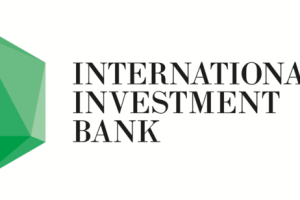Alătură-te comunității noastre!
Vezi cele mai recente știri & informații din piața de capital

Ahead of a meeting this week between Chinese President Xi Jinping, Indian Prime Minister Narendra Modi and Russia leader Vladimir Putin, the world’s two most populous countries are expected to not give in to the West’ pressure in limiting the flow of petrodollars to Russia.
However, analysts believe that the two Asian countries are more likely to be harmed than helped by a price cap on Russian oil, as suggested by the Group of Seven rich nations.
China and India have been reluctant in condemning Vladimir Putin’s invasion of Ukraine.
Instead, they’ve decided to acquire increasing volumes of discounted Urals, currently trading at 20% below Brent crude’s $94 per barrel.
In the short term, the two countries are to benefit from such a move, but on the long-term this may not be the case.
As the energy transition accelerates and makes financing oil exploration less attractive, long-term supply relationships will become more important.
U.S. officials believe that nations refusing to participate in the cap can leverage the policy to their own advantage by using it to negotiate even bigger discounts.
This might be the case if Putin responded by reducing supplies to G7 countries and needed alternative markets.
The countries deciding to buy Russian oil above the price cap will have to deal with the global logistics chain, partly controlled by the West.
Some 60% of ships carrying Russian crude oil are from Greece and other European Union countries, whilst insurers are mostly from Norway and the United Kingdom.
Also, if Putin does reduce the supply of oil, as he has already done with gas, this could push global prices up even more, thus removing short-term benefits to all, including China and India.
On the long term, a price cap would negatively influence the forecast for oil producers. High prices in 2000s generated the U.S. shale gas boom.
All these scenarios are taken into consideration by the two Asian countries.
Oil demand in the Americas and Europe is set to fall by 6 million barrels per day by 2045, according to the Organization of the Petroleum Exporting Countries.
At the same time, demand from India and China is estimated to increase by 10.3 million barrels per day.
The two Asian nations would account for nearly 60% of total oil demand growth over the period, according to OPEC.









Vezi cele mai recente știri & informații din piața de capital